In General- Early Chapter Books Contain: · Larger fonts than chapter books · Pictures on nearly every page (sometimes in color) · Shorter chapters · Less chapters · Lower word count · Even simpler plot · Most often a series · Reading level and interest level could be between 4-6, 5-7, 6-8.
Motivating Readers A number of series will be published in the Branches line. Series books provide an added incentive because children love to read about characters they already know. The stories provide readers with a sense of satisfaction and familiarity, and readers’ comprehension skills improve as they revisit popular characters in each book. As a teacher, these books are perfect for both types of readers. If you have kindergarteners or first graders they may be ready for something more challenging. If you have a third grader that is a reluctant or lower reader, they could read a chapter book and feel successful and not feel like they are reading something too babyish like a leveled reader. Check out these new early chapter books in the Scholastic Branches division.
For more information about these early chapter books, check out their website: http://www.scholastic.com/branches/ Do you have what it takes to write one? I know you do! And here is an extra special opportunity to pitch your manuscript to a Scholastic Editor!!! We've got BIG NEWS! A senior editor from Scholastic who specializes in chapter books will not only serve as a guest expert contributor for the Chapter Book Alchemist course, but will also be accepting submissions from FIVE winners of a pitching contest amongst Chapter Book Alchemist course registrants! This contest is only open to those who register for the course by today!!! Register now! http://www.childrensbookacademy.com/the-chapter-book-alchemist.html
DON'T FORGET!!!!!!!! The Chapter Book Alchemist is being presented by The Children's Book Academy. Instructors are the amazing Dr. Mira Reisburg and children's book author, Hillary Homzie. (Author of one of my favorite books: The Hot List.) And...I'm so excited that I get to assist with this course. Yay!!! http://www.childrensbookacademy.com/the-chapter-book-alchemist.html
1. FREE WEBINAR: Why Editors Want Chapter Books and How To Write Them hosted by Dr. Mira Reisburg and author Hillary Homzie. http://www.childrensbookacademy.com/why-editors-want-chapter-books-and-how-to-write-them-webinar.html 2. Chapter Book Course: The Chapter Book Alchemist hosted through The Children’s Book Academy. http://www.childrensbookacademy.com/the-chapter-book-alchemist.html 3. PLUS- New BONUS Material! When you sign up for the Chapter Book Alchemist Course, you will receive an additional Mini Workshop including 7 Bonus Items! Mini-Workshop: What Happens Next: Creating a Page Turner for Young Readers. From being afraid to ride the stupid smelly bus to school, to being the only one left in your class who hasn’t lost a tooth yet, this workshop takes a close look at plot and elements that affect it in chapter books for young readers. My examples are taken from the works of authors Barbara Park (Junie B. Jones and the Stupid Smelly Bus), Abbie Klein (Ready Freddy: Tooth Trouble), and Mary Pope Osborne (Magic Tree House: Dinosaurs Before Dark). 1. Transcript of the entire workshop. 2. A List of Recommended Chapter Book Series to read 3. Structure Breakdown and Plot Analysis of 3 chapter books 4. Chapter Book Basics (A list of elements that are found in most chapter books.) 5. Template Outline for Creating Your Own Chapter Book 6. A List of Age Appropriate Universal Themes/Inciting Problems for Chapter Books 7. A List of Publishers That Accept Chapter Books I created this workshop for my graduating lecture in my MFA program mainly due to my own curiosity about chapter books. I had written mainly picture books and really wanted to try my hand at longer works of fiction. My mentor suggested trying chapter books instead of jumping right into middle grade. I loved this idea and I loved how it mimicked how readers transition as well. Chapter books are the natural bridge between early readers, picture books and middle grade. They have simple plot lines and shorter chapters. This is appealing to young readers, but also to writers (like me) who have never attempted a longer work of fiction. So that final semester, I read hundreds of chapter books, analyzed the structure of at least 20 different series, discovered the essentials and commonalities in most chapter books, looked closely at the types of themes and problems authors chose to base their chapter book on, and then finally attempted to write my own. That semester, I proudly completed two chapter books and gained the courage to begin an early middle grade novel the following semester. Lastly, I researched publishing houses interested in chapter books After completing all that research for my own knowledge, it made sense to share it as my graduate lecture. The lecture was well received and the participants were especially appreciative of the helpful handouts. Therefore, I’m really excited to be able to assist with Mira and Hillary’s upcoming course and be able to offer these materials to you! If you’ve ever thought about writing a chapter book, this is the time. Not only will you have amazing lessons with Mira and Hillary, you can participate in our closed facebook community, join an online critique group with other class members, participate in interactive weekly webinars, and now gain all the bonus materials. You don’t want to miss this course. I really hope you will join us! Happy Writing.
And next week, I plan to share with you my entire lecture plus six handouts that include: Chapter Book Basics, Chapter Book Analysis (where I take apart 3 chapter books and analyze the structure), a list of recommended chapter books to read, Chapter Book Template Outline, A list of problems that characters can deal with in early chapter books, and finally a list of publishers that accept chapter book submissions. But for this week...I've compiled a huge list of resources to get you started on writing chapter books. One you won't want to miss listed at the end is a FREE WEBINAR about Writing Chapter Books and an amazing Chapter Book Course! (Also, did I mention there is a contest where you can win registration to this amazing Chapter Book Course? YEP! You heard me right. So scroll on down and check it out!!!! Blog Posts About Chapter Books Kathy Temean defines chapter books http://kathytemean.wordpress.com/2010/09/29/writing-chapter-books/ Mary Kole discusses chapter books http://kidlit.com/2010/10/22/early-reader-chapter-book-market/ Rebecca Talley discusses chapter books http://rebeccatalley.com/blog1/writing-for-kids-chapter-books.html Author Lynne Jonell discusses her path to writing chapter books. http://www.childrensliteraturenetwork.org/magazine/just-launched/tag/jennifer-arena/ Ideas for Writing Chapter Books for Kids http://www.creativejuicesbooks.com/ideas-for-writing-a-book.html Children’s Writer Tina Cho discusses writing Beginning Readers and Chapter Books http://tinamcho.wordpress.com/tag/how-to-write-beginning-readers-and-chapter-books/ Chapter Book Formula http://jeanoram.com/blog/2011/03/01/chapter-book-formula/ Chapter Book Blue Print http://writersrumpus.com/tag/writing-chapter-books/ 6 Things I Learned About Writing Chapter Books http://operationawesome6.blogspot.co.uk/2012/05/guest-post-kurtis-scaletta-on.html?m=1 Chapter Book Chat (Blog dedicated just to chapter books) http://chapterbookchat.wordpress.com/2014/03/05/difference-between-chapter-books-middle-grade-redux/ Writing a Series http://writersrumpus.com/2013/11/12/so-you-want-to-write-a-series-guest-post-by-anna-staniszewski/ Creating a Chapter Book Series http://kathytemean.wordpress.com/2012/06/25/creating-a-chapter-book-series/ Scholastic Discusses: The World of Kids’ Chapter Books http://www.scholastic.com/parents/resources/article/book-selection-tips/world-kids-chapter-books Online Tools Renaissance Learning: Use this site to look up word count of chapter books. http://www.renaissance.com/store/quiz_home.asp?c=1 Craft Book Resources Yes! You Can Learn to Write Beginning Readers and Chapter Books http://www.amazon.com/Learn-Write-Beginning-Readers-Chapter/dp/1478168226 The Writers Guide to Crafting Stories for Children by Nancy Lamb http://www.amazon.com/Writers-Crafting-Stories-Children-library/dp/1582970521/ref=pd_sim_b_23?ie=UTF8&refRID=1JVEMV31ZBCPXNKCE1NN Children’s Writer’s Word Book (This isn’t about chapter books, but it’s a great word resource to use.) http://www.amazon.com/Childrens-Writers-Word-Alijandra-Mogilner/dp/1582974136/ref=pd_sim_b_3?ie=UTF8&refRID=1JVEMV31ZBCPXNKCE1NN Writing Irresistible Kidlit by Mary Kole http://www.amazon.com/Writing-Irresistible-Kidlit-Ultimate-Crafting/dp/1599635763/ref=pd_sim_b_12?ie=UTF8&refRID=1JVEMV31ZBCPXNKCE1NN Challenges/Groups to Join SCBWI Blueboards (for members of SCBWI) There is a specific forum just for chapter books and mg. http://www.scbwi.org/boards Chapter Book Challenge http://chapterbookchallenge.blogspot.com/ https://www.facebook.com/chapterbookchallenge https://www.facebook.com/groups/chapterbookchallenge/ Chapter Books to Read http://delightfulchildrensbooks.com/2013/06/05/early-chapter-book-series/ https://www.goodreads.com/shelf/show/chapter-book-series http://www.iusd.org/ea/GradeLevelPages/documents/ChapterBookList.pdf http://www.momto2poshlildivas.com/2013/05/k-thru-2nd-grade-chapter-book-series.html http://www.amazon.com/b?node=2579000011 http://www.kidsbookseries.com/lists/series.php
Contests! Dr. Mira Reisburg in holding a contest with some amazing prizes!!!! (One prize being a free ride to her Chapter Book Course.) http://www.childrensbookacademy.com/miras-virtual-birthday-party-contest.html Free Webinar: Why Editors Want Chapter Books and How to Write Them Children's book author, Hillary Homzie and Children's Book Instructor and Agent Dr. Mira Reisburg are holding a free webinar on Friday March 21st at 6PM Pacific Daylight Time on “Why Editors Want Chapter Books and How to Write Them.” If you’ve ever been on a CBA webinar, you’ll know that they are lots of fun.Mira will be explaining what exactly a chapter book is, why editors are looking for them, and about their great potential for illustrators. Hillary will be sharing awesome writing techniques, why Hollywood is interested, and then if time allows we’ll be commenting on any ideas for standalone or series books that you post on our page here http://www.childrensbookacademy.com/why-editors-want-chapter-books-and-how-to-write-them-webinar.html So if you’d like to register for our super fun webinar (which we hope that you do) – here’s the link https://wj168.infusionsoft.com/app/page/event-register You won't want to miss this!!!!
Hullo all, Mira here. Last month I shared about how agents choose who they represent. I’m not sure if I spoke about how hard it is for us to reject clients. But trust me it is. Some of us procrastinate getting back to writers and illustrators because we’re just so busy and it’s just so hard to say no; especially, if we are empathic types. I’ve heard that it gets easier. I am looking forward to that but it kills me every time knowing personally how much heart and effort has gone into each submission. This month I’d like to begin sharing about what agents actually do when they sign you. I’d like to start with the Agent/Client contract. First off, the Agent/Client contract should spell out what each side expects from the other. Contracts can vary quite a bit but below are some of the things that a contract will usually address:
Like history, most contracts are written to favor whoever is writing it. We’ll be talking a little about publishing contracts in a future post, but suffice to say that whether it’s an agent or publishing contract that you are negotiating, if you are not a big name, generally you are not going to be able to ask for too much so pick your battles so that you don't come across as either difficult or needy. Any contract should be mutually beneficial; it should make the relationship clear and secure both parties so that both you and the agent are protected so that if an agent puts in a substantial amount of time on your work, she isn’t left high and dry if you decide to go elsewhere. Or if you do decide to go elsewhere your future works are protected. You are both putting your efforts on the line, so there should be an agreed upon set of goals and level of commitment. Trusting your agent and understanding that they are also putting their faith in you, your talent, and your ethics, while investing substantial unpaid time and heart in hopes of helping you get published for a small future commission is essential. If you are not comfortable signing an agreement with someone, then you should carefully consider whether or not you should be working with them professionally. The bottom line is, if it doesn’t feel right for you, then don’t do it. In the literary world, most agents strive to support their clients on a variety of levels. A contract is simply an extension of that pact. I hope that this post has been helpful for you. Next month I'll be talking about how an agent goes about submitting you work. If you have any topics that you'd like to learn about, please let me know in the comments below. And as always, any comments are much appreciated. Yours in children's book love and creativity ~ Mira |
We are so excited to be mixing things up at CBA, beginning with some delicious additions to the Blogfish. Meet our awesome bloggers!!
Here's our lineup: 1st Mondays begin with former school psychologist Dr. Debra Collins who will be writing about Social emotional Learning in kidlit and behind the scenes as well as Jewish children's books. 2nd Mondays will feature super smart Melissa Stoller whose career is taking off with several new books. 3rd Mondays will feature our new blogger coming soon. 4th Mondays features new blogger, the fabulous Brentom Jackson, who has a beautiful approach to blogging. And 5th Mondays we'll be taking a break Archives
July 2024
|
|
Discover
|
About Us
|
Join Us
Join our Community and receive a fabulous free gift, KidLit tips, newsletters, scholarship info, contests, and more!
Join our KidLit Mentorship |
Social Media
Interact with our FaceBook Group or follow us on:
|
© 2010-2024 All content on this website is copyrighted. Sorry, all courses are non-refundable.
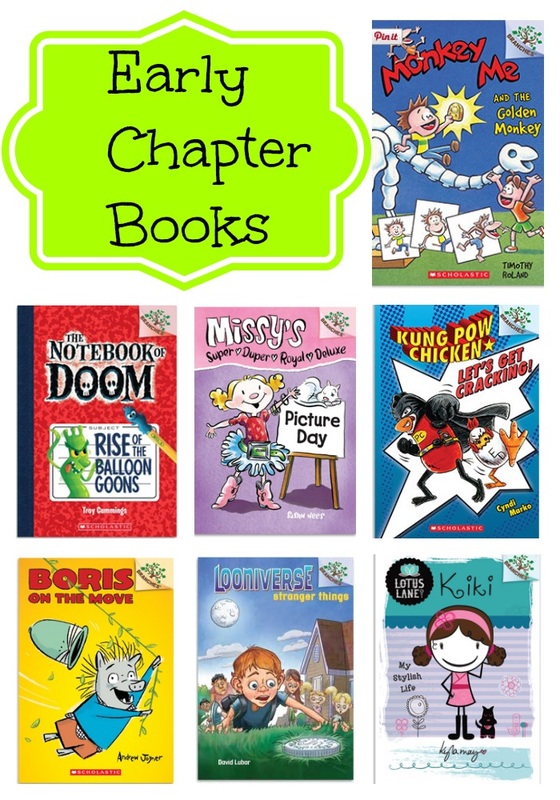
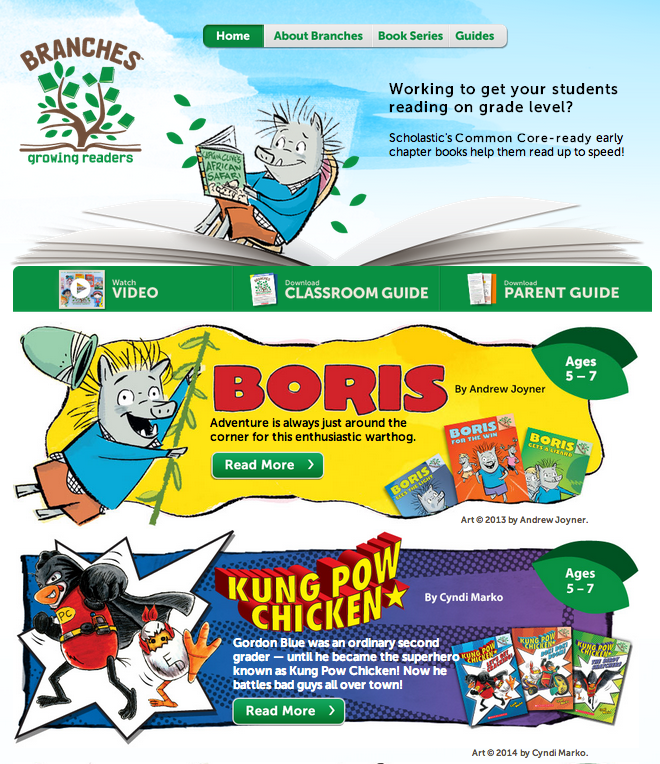
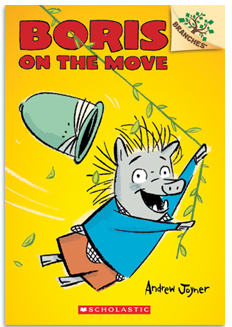
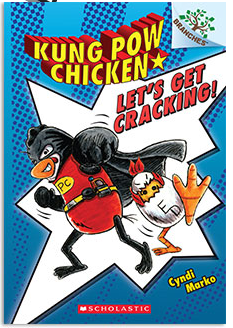
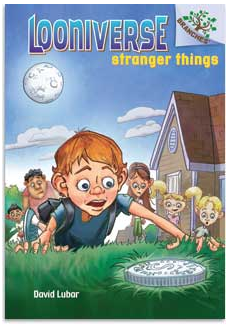
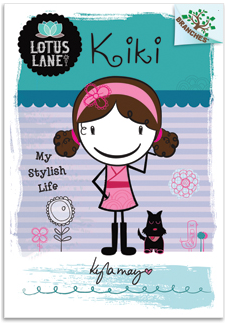
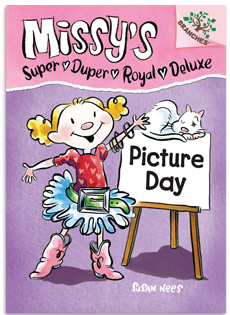
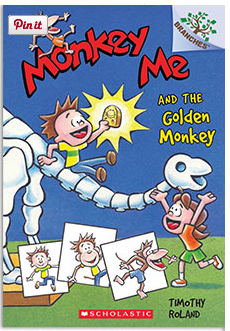
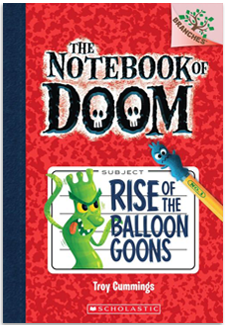
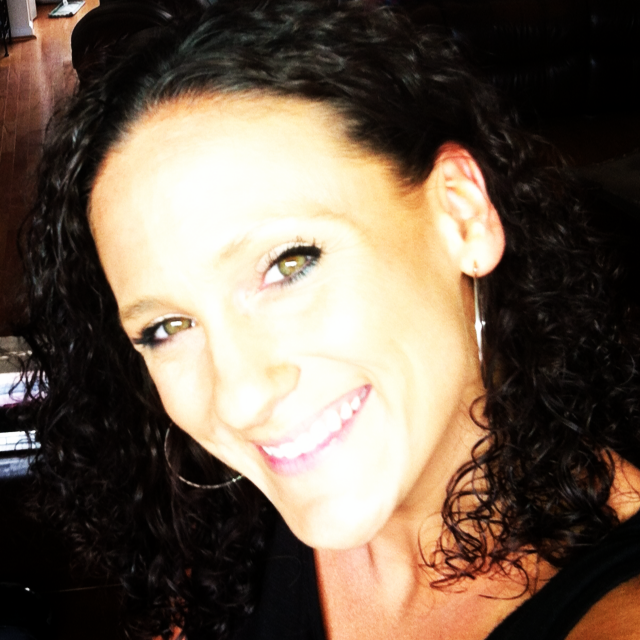
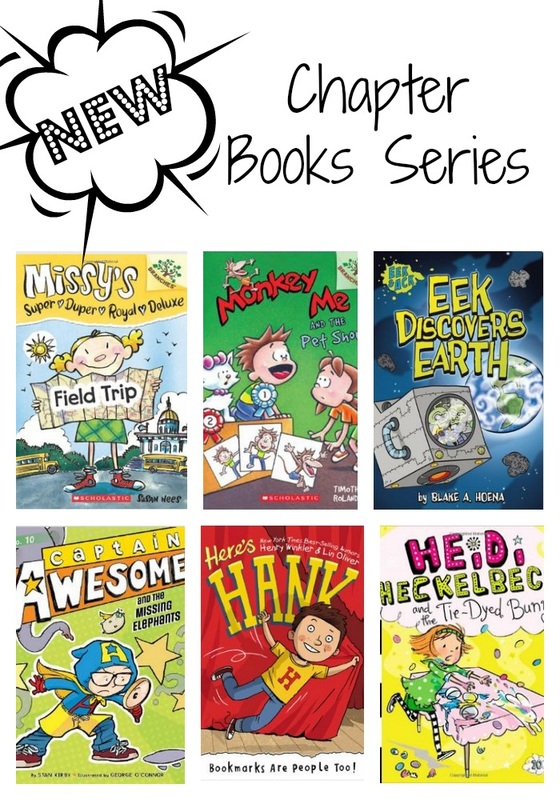
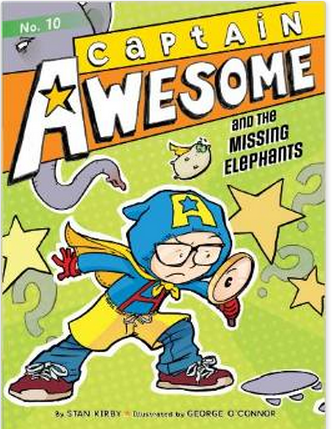
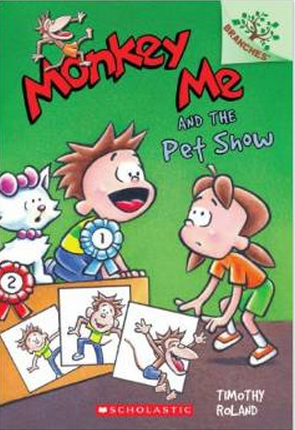
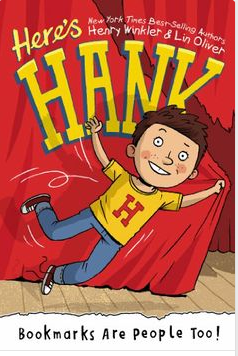
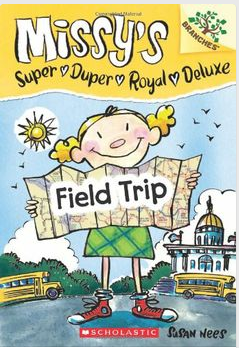
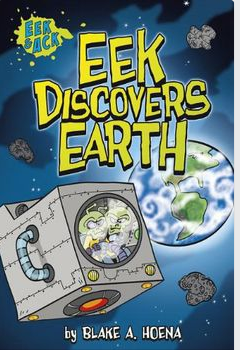
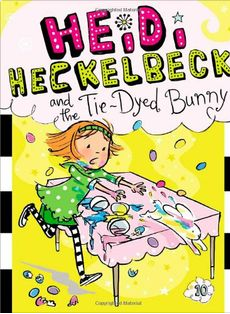
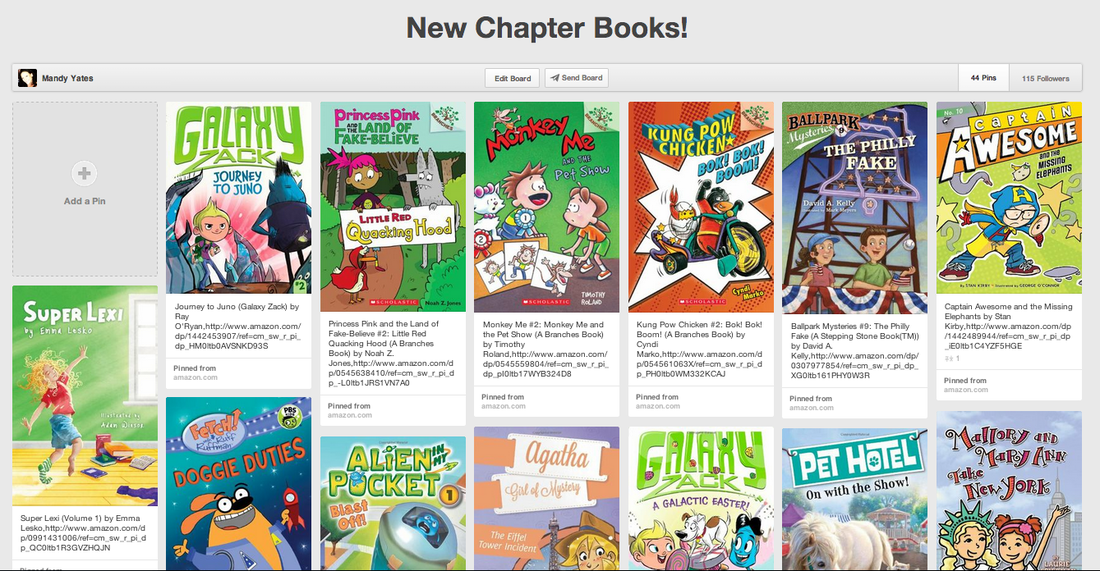

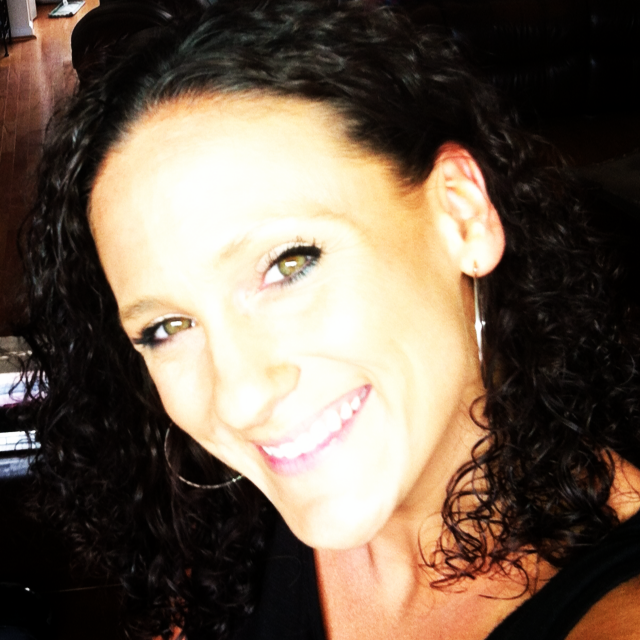
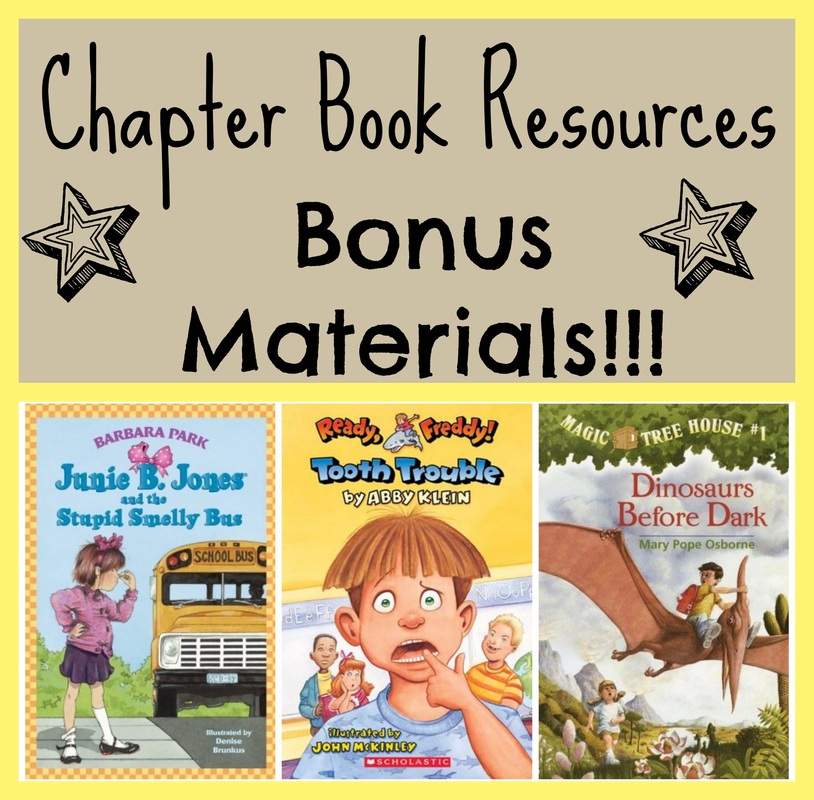
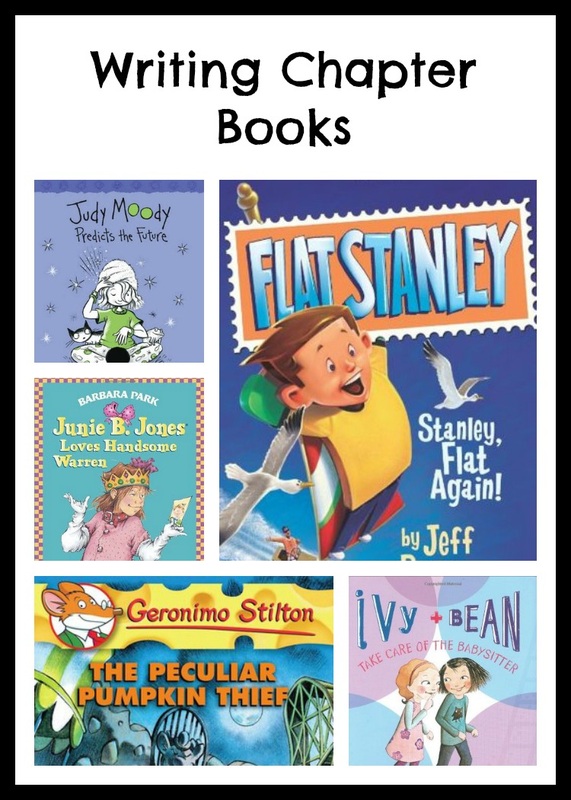
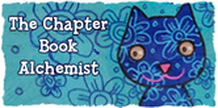
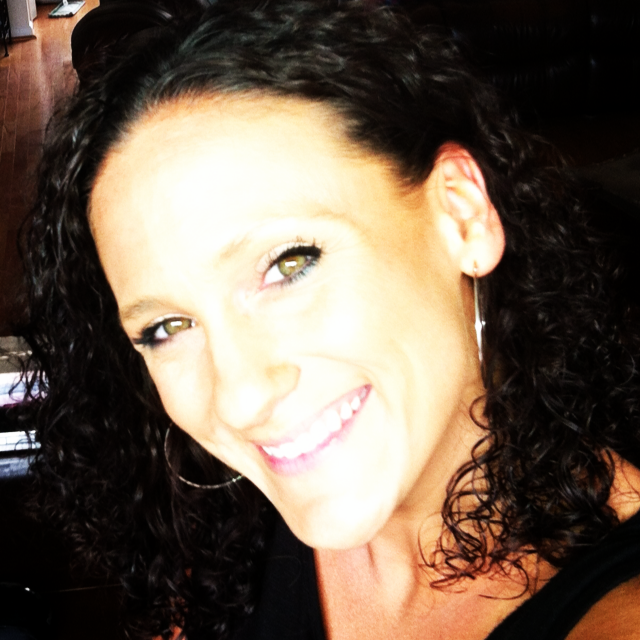

 RSS Feed
RSS Feed
